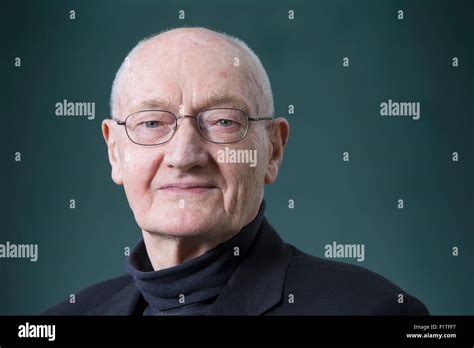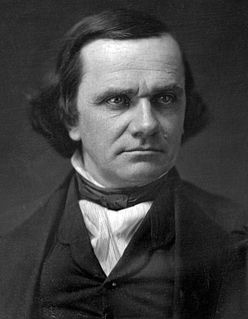A Quote by Bill Haslam
I personally wonder... regardless of whether you're a religious person or not, everybody comes into every conversation with a particular worldview and things that you believe are right or wrong. The question is can you counsel from a totally non-value-based position?
Related Quotes
I have no way of knowing whether or not you married the wrong person. But I do know that if you treat the wrong person like the right person, you could well end up having married the right person after all. It is far more important to BE the right kind of person than it is to marry the right person.
Religion is all based on the mentality of "I'm right", but now today it's moved from even the question of "I'm right and I'm willing to tolerate those who agree that I am right or those who don't disturb me anyway". Now, it's a question of "If you do not accept that I'm right, I have a right to kill you". That is the mentality of religious fundamentalism today. That is the meaning of the kind of terror which we are witnessing today, that everybody is expendable who do not actually physically line up behind me.
I'm still not sure I made the right choice when I told my wife about the bakery attack.But then,it might not have been a question of right or wrong. Which is to say that wrong choices can produce right results, and vice versa. I myself have adopted the position that,in fact, we never choose anything at all. Things happen. Or not.
No matter what you do, any country in the world is going to have the ability to set its own rules internally. Any country in the world can pull the plug. It's not a question of technical issues, it's not a question of right or wrong, it's not a question of whether global Internet governance is right or wrong. It's just with us.
Our ignorance of the cosmos is too vast to commit to atheism, and yet we know too much to commit to a particular religion. A third position, agnosticism, is often an uninteresting stance in which a person simply questions whether his traditional religious story (say, a man with a beard on a cloud) is true or not true. But with Possibilianism I’m hoping to define a new position - one that emphasizes the exploration of new, unconsidered possibilities. Possibilianism is comfortable holding multiple ideas in mind; it is not interested in committing to any particular story.
In all disputes, a point is arrived at where no party, no matter how right or wrong it might have been at the start of that dispute, will any longer be totally in the right or totally in the wrong. Such a point I believe, has been reached in this debate... Let us not equivocate. A tragedy of unprecedented proportions is unfolding in Africa.
The issue is not whether there are horrible cases where the penalty seems "right". The real question is whether we will ever design a capital system that reaches only the "right" cases, without dragging in the wrong cases, cases of innocence or cases where death is not proportionate punishment. Slowly, even reluctantly, I have realized the answer to that question is no- we will never get it right.
I deny the right of Congress to force a slaveholding State upon an unwilling people. I deny their right to force a free State upon an unwilling people. I deny their right to force a good thing upon a people who are unwilling to receive it. The great principle is the right of every community to judge and decide for itself, whether a thing is right or wrong, whether it would be good or evil for them to adopt it; and the right of free action, the right of free thought, the right of free judgment upon the question is dearer to every true American than any other under a free government.


































